How to Set up Windows 11 Without a Microsoft Account
Using a Microsoft account with Windows 11 is the best way to access all of its features, including Microsoft Copilot, OneDrive, and more. But some peo
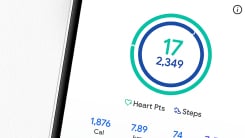
When it comes to tracking health and fitness data, we most often think about smartwatches and other wearables. As it turns out, your Android phone can track some basic metrics all by itself, and you might not even be aware it's happening.
Apps such as Google Fit and Samsung Health can log steps, active minutes, calories burned, and more in the background while you use your phone day to day, and they can also share data with other health and fitness apps on your phone.
Of course, this can all be useful for insights into your health and daily routine, but it's important to be aware of what's being collected and where it's being stored. Best of all, running an audit of these apps only takes a few minutes.

Google Fit now makes use of an underlying technology called Health Connect, which manages everything locally on your smartphone and keeps it fully encrypted: This data can't be accessed by anyone else, unless they're somehow able to unlock your phone, and it applies to all the apps who want to use the Health Connect standard.
As for Google Fit, it does sync data to the cloud as a backup, but it isn't end-to-end encrypted. That means it has Google's standard security protections around it, but someone at Google could technically see that data if they wanted to. This is actually the same as a lot of Google services, including Gmail: You're trusting the company to keep your data secure and safe.
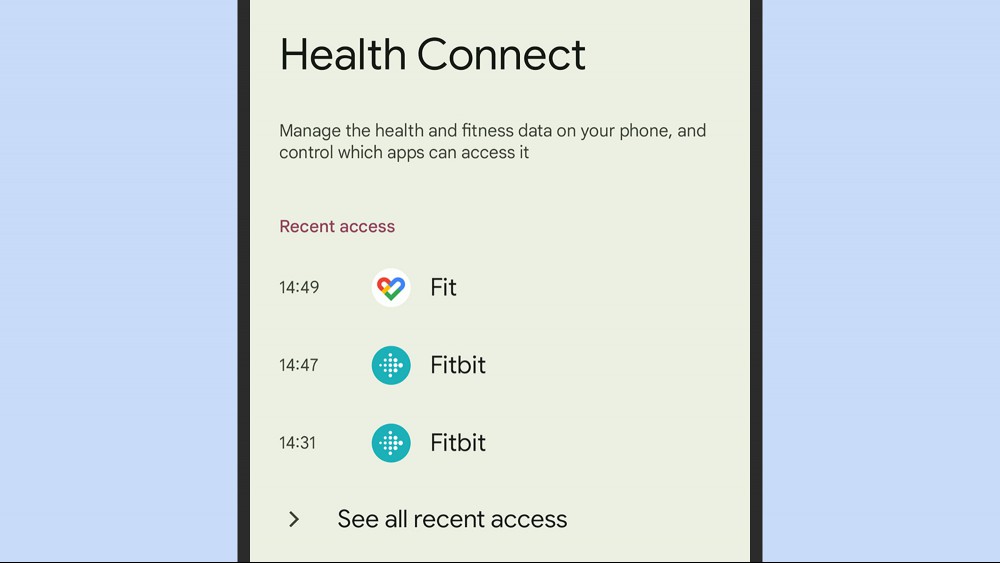
It's a similar story when it comes to anything saved to Samsung Health: By default, this data is stored locally on your phone and encrypted there using Samsung's own Knox technology. You also have the option to save it to the cloud if you want, which lets you sync it between devices. By default, this isn't end-to-end encrypted either, so while it will be well-protected, there is some element of risk in terms of it being hacked.
That said, Samsung recently introduced an Enhanced Data Protection mode for files stored in Samsung Cloud, including those synced from Samsung Health. That means data in the cloud will be fully encrypted and inaccessible by everyone else, though for the time being it's only available on the Samsung Galaxy S24 series.
Open up Google Fit on your Android phone and you'll get an overview of all the health and fitness data that's currently being tracked by your handset: You'll typically see steps, energy expended, and heart points (a measure of your exercise routines) if the default data types are being logged.
Any of this data can be deleted by heading to the Profile tab, tapping the gear icon (top right), then choosing Delete your data. The next screen lets you delete data from particular categories, or completely erase everything. To delete an individual data point, such as a single run, select it from the Journal screen, then tap the three dots (top right) and choose Delete.
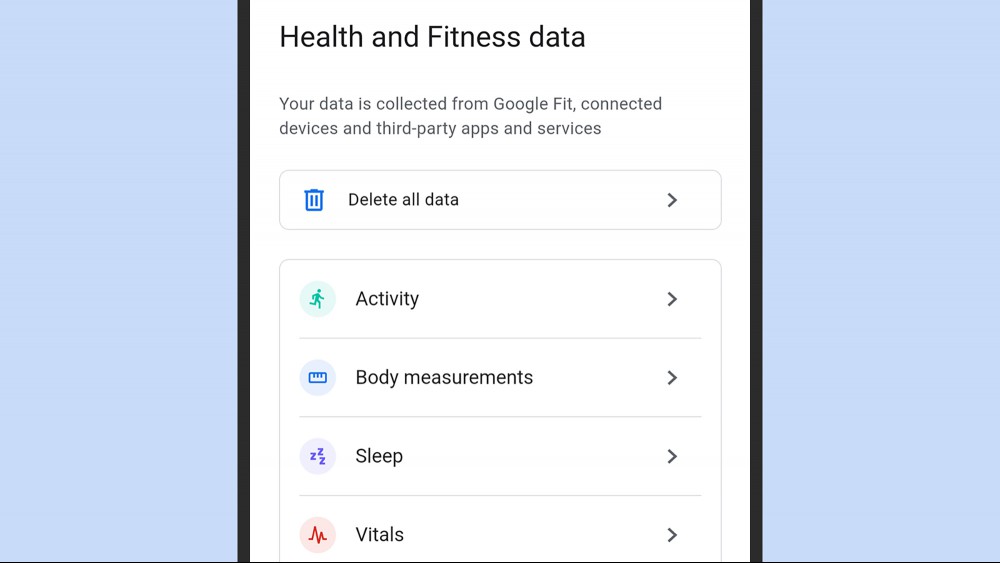
To stop any of the tracking Google Fit is doing, or to stop it communicating with other apps, open the Profile tab, tap the gear icon (top right), then Manage data and access. From here, you can choose App permissions to connect or disconnect third-party health and fitness apps, and Data and access to manage particular data categories.
So, for example, to stop Google Fit tracking your steps every day, you would head to Data and access > Activity > Steps > Fit. Here, turn off the Steps toggle, and you're done. The same screen lists all the different types of data that Google Fit can log if you want it to, and it's the same if you select another app.
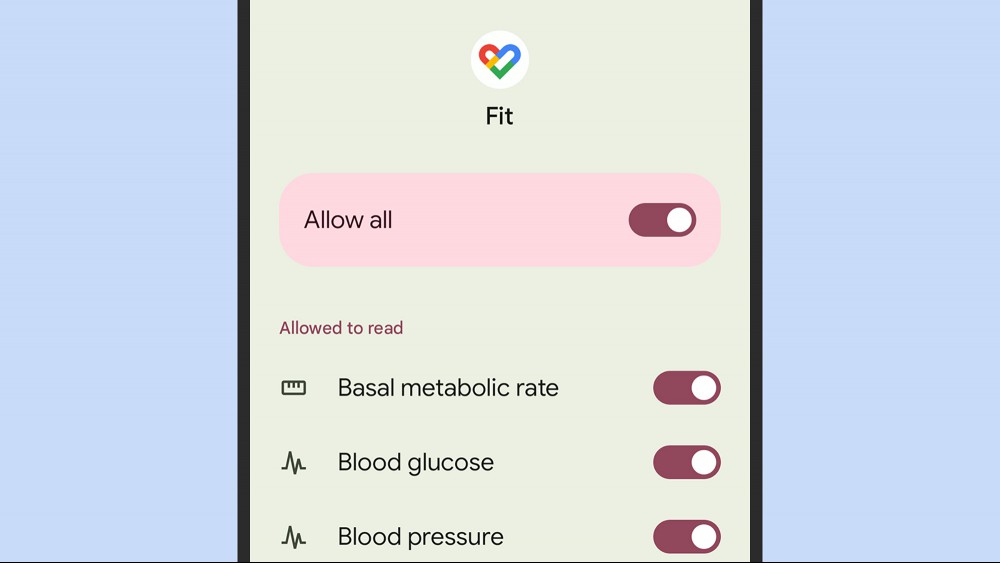
If you have a Samsung Galaxy device and Samsung Health, there are a few differences. You can select a type of data, such as steps, then tap the three dots (top right) to pause recording that type of data. To wipe all of your data, head to the Home tab, tap the three dots, then choose Settings and Erase personal data.
From the same Settings page, you can access Health Connect, which works the same way as it does inside Google Fit: You can manage which apps (including Samsung Health) have access to the data your phone's sensors are reporting, dig into the different categories of data that have been logged, and choose which apps and connected devices (like smartwatches) are allowed to report back to Samsung Health.

Using a Microsoft account with Windows 11 is the best way to access all of its features, including Microsoft Copilot, OneDrive, and more. But some peo

To mark National Audiobook Month this June, Spotify's offering a month of free audiobooks. As long as you are on Spotify's free plan and have a U.S. a
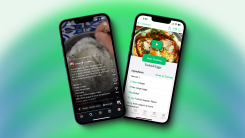
Like many things, the world of cooking has moved on to TikTok and Instagram Reels. Before, you'd go to a website or someone's blog to find recipe insp
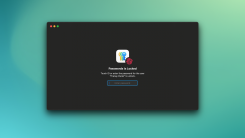
Apple has shipped a free password manager with iOS 18, iPadOS 18, and macOS 15 Sequoia. This app is simply called Passwords, and unlike other "free" p

Over the last 10 years, Hisense, a brand that has never had as much recognition as say, Sony or Panasonic, has been forming a growing community of dev

Ever since election night on November 5, I’ve noticed a massive exodus of my X mutuals from the site. That’s not too surprising—owner Elon Musk has ma
We are a dynamic information platform dedicated to delivering timely, relevant, and reliable content across a broad spectrum of topics. From the latest in technology and business to lifestyle, health, and global affairs, we aim to keep our readers informed and inspired.
Our editorial team is committed to maintaining high standards of accuracy and clarity, ensuring that every article provides value and context in an ever-changing world. We believe in the importance of accessible knowledge and strive to make complex topics understandable for everyone.
Whether you're here to stay updated on current events, explore thought-provoking features, or simply learn something new, our goal is to offer a trustworthy source of information that meets the needs of a diverse and curious audience.